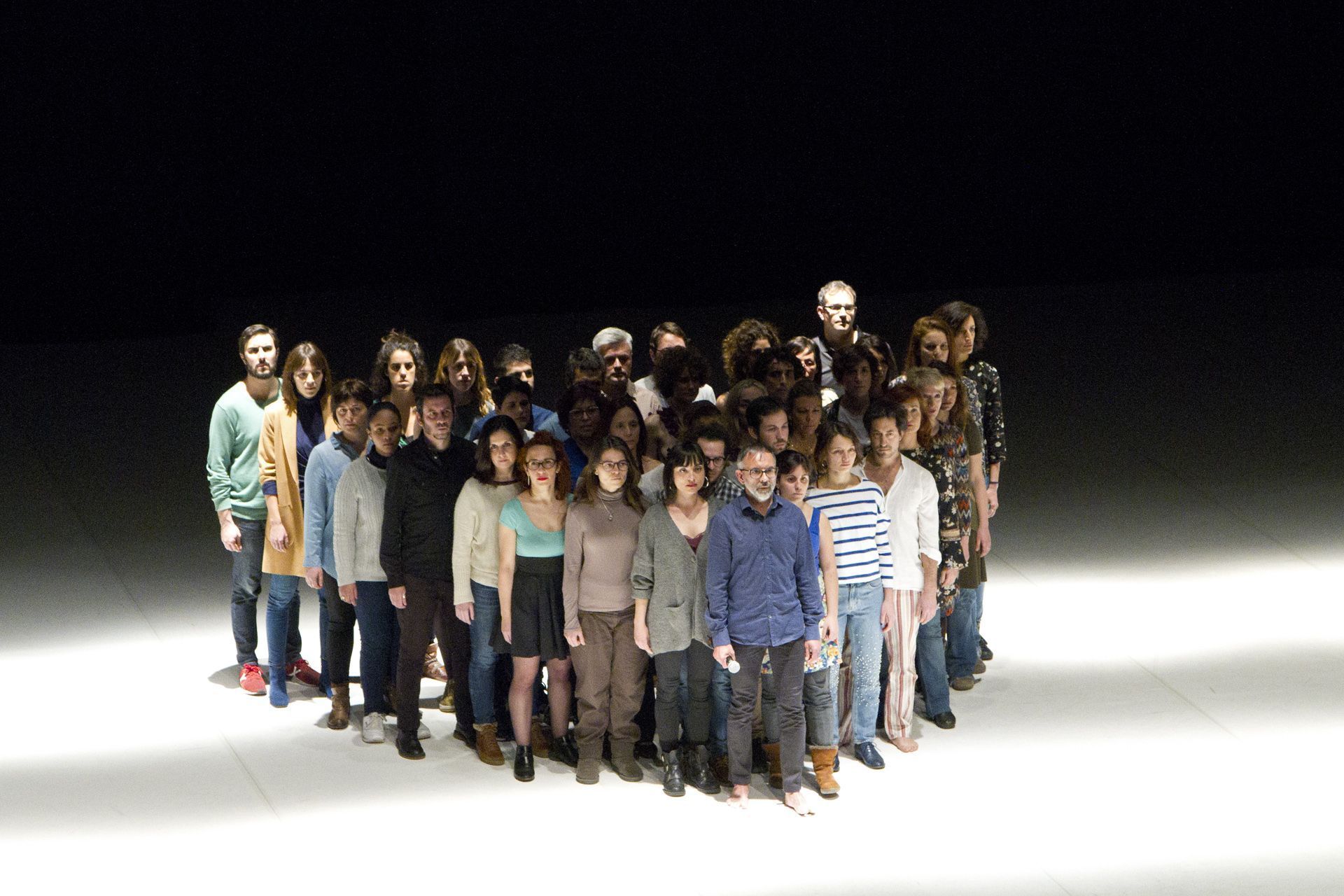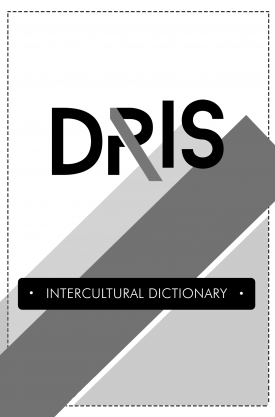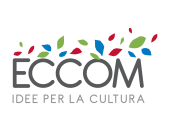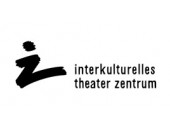
Among the lessons learned from the pandemic few will generate a higher consensus than the ones herewith. On the one hand, that as a society we are interdependent: this has shattered (at least partially) the illusion of individuality in which we lived, highlighting our social self, our need to relate to one another. On the other, that culture is essential for our mental and emotional health and for our personal development: it has allowed us to travel to other realities and to connect, evade and comfort ourselves during dark and confusing times.
These two lessons learned resonate also with regards to community-based culture that advocates for collaboration and artistic co-creation as a means for community development. In other words, culture is the central axis around which citizens provide innovative and creative solutions that improve their daily life. These projects and spaces thus contribute to the creation of a social fabric by promoting networking and transdisciplinarity, social innovation and citizen empowerment through the exercise of cultural rights for social transformation. These are processes that contribute to innovate in the management of the commons – a way of creating culture from and for citizens -; to build spaces in which to weave alliances and complementarities and, ultimately, they constitute a new prism through which to understand social relations.
In the last decade we have witnessed an important development of such practices, endorsed by international institutions such as the World Health Organization and the 2020 Rome Charter promoted by UCLG. They have been consolidated as cultural policies in many countries across Europe and the Americas, as well as in other world regions. It is about policies that support growing professional sectors that cooperate one with another, as shown by the IberCultura Viva program. In Spain, the emergence of local “new municipalities” promoted this type of self-managed initiatives by providing them with a basic structure to support more up-to-date relations between civil society and institutions, not only in the cultural sector. Examples are numerous, such as the project “Art i Part – Barcelona Districte Cultural”. However, in recent weeks we have witnessed a growing pressure on these ecosystems that have led to the dismantlement of some of their models such MediaLab Prado and Harinera ZGZ, both recognized and awarded internationally.
For this reason, the “Red de espacios y agentes de cultura comunitaria” (REACC – Network of community-based cultural venues and agents”) has launched a manifesto to claim the importance of these spaces and their roles for inclusion, participation, diversity and sustainability. The text claims that they not only have to be protected; their survival must be guaranteed in the medium and long term: public policies must be developed and funded to support these ecosystems and mechanisms for citizen participation and governance must be deployed by and for community culture.
You can read and sign the manifest here.
[Imagen: Jessica González Rivas - ARTiPART]
Source: Interarts





